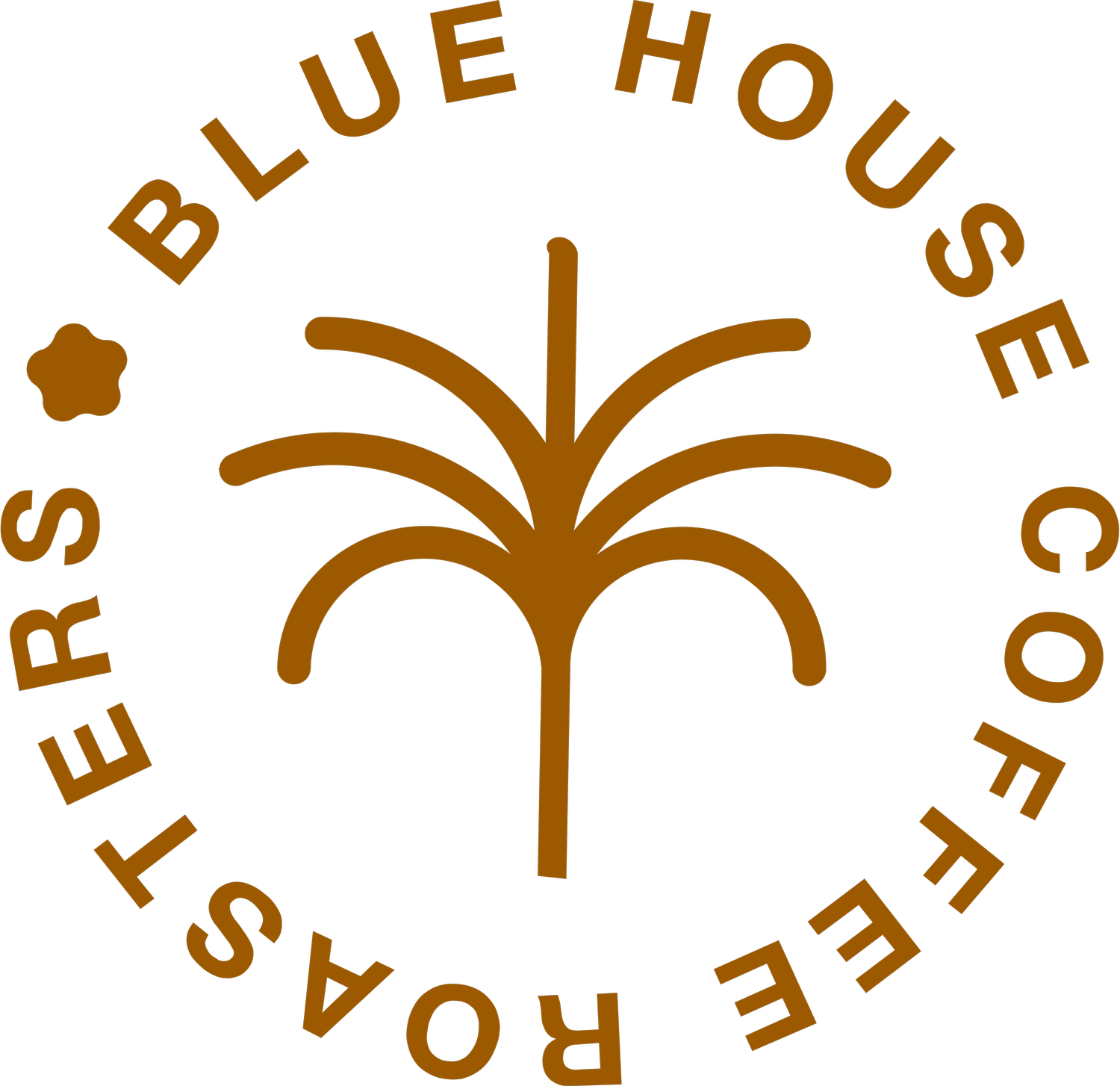How Blue House Supports Direct Trade Partnerships In Midst Of A Pandemic
How Blue House Is Sharing Knowledge To Create Sustainable Relationships With Coffee Farmers
In the summer of 2020 I spoke with one of our coffee farmer partners, Carlos Montero, about the impact of COVID-19 on business. His town of Santa Maria Tarrazu was largely unaffected and the Costa Rican government had taken large public health measures to prevent infection. However, there was one thing looming over his head, “What are we going to do when the harvest comes?”
Coffee is hand-picked and the world’s best specialty coffees, Like Carlos and his family produces requires lots of labor. In fact, Costa Rica’s national coffee institute ICAFE estimates that some 74,000 laborers will be needed when the harvest peaks near the end of the year. Complicating matters, Laborers from Panama and Nicaragua typically account for about two-thirds of Costa Rica’s coffee crop workforce. Although the border is typically fluid, Costa Rican police in recent months have stopped more than 15,000 Nicaraguans who sought to enter the country illegally, likely to work the farms.
For someone like Carlos, the health of his team is not only a personal burden that he carries, but an economic one. Carlos and other farmers rely on the picking season, December – March in the lush coffee growing region of Tarrazu, for a living and to recoup all the investments in the farm in the offseason. Having to quarantine his whole team for 14 days would be disasterous. However, with some workflow changes, we felt confident we would decrease close contact among the picking team.
After my second Pfizer Vaccine dose, I flew down to Tarrazu to help Carlos’ team of >30 pickers and passionate team-members create as great of a system as possible to address Coronavirus. Together, we worked on methods to decrease contact by dividing the pickers into specific teams and creating a culture of mask usage during times when it is not possible to (Such as during the filling of the cajuelas). We worked with them to better understand the limitations of their work and to develop buy-in with our plan. We provided basic COVID-19 education to the workforce, through multiple question and answer sessions. Our interventions increased team satisfaction with the response, kept coffee picking levels safe and also provided a public health benefit to the region.
To us at Blue House, sustainable coffee relationships are about sharing expertise, education, experiences in addition to economic and environmental commitments. Roasters and farmers are on the same team and these collaborative experiences creatively problem-solving are one of the cornerstones of Blue House Coffee.
Coffee Pickers in Costa Rica filling “Cajuelas”.




